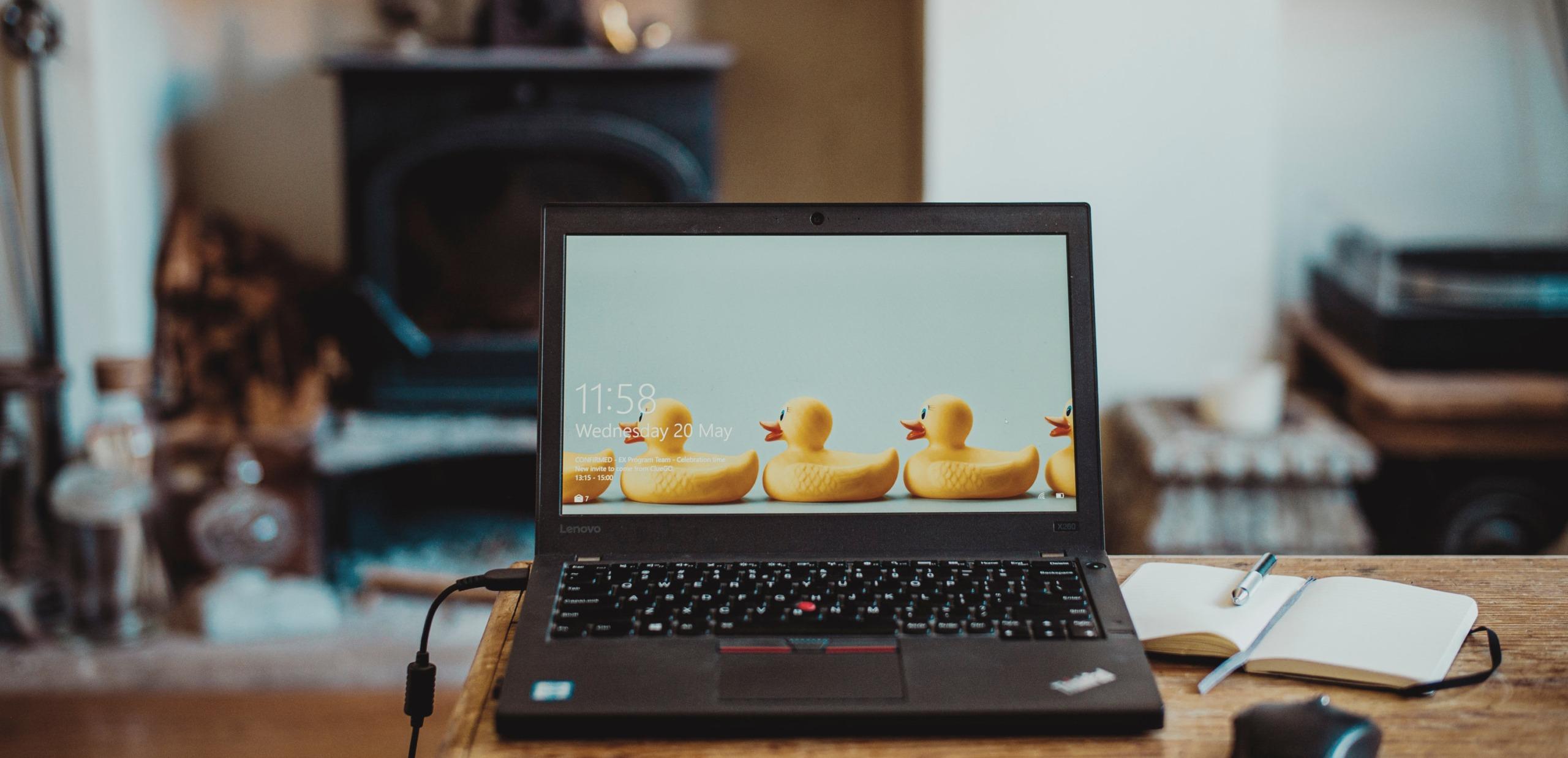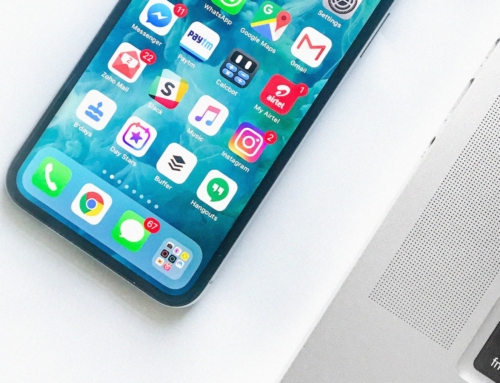As we move towards a ‘new normal,’ it’s becoming evident that working and studying will be moving increasingly into the home. For some, that is welcome news; for others who struggle to work from home, it’s a daunting prospect. If you feel that your WFH productivity needs a boost, here are some scientifically proven tips and tricks to help.
Separate your work area from your bedroom
If possible, try to divide your spaces. Most people would probably admit to studying in bed at least once during our work-from-home life. However, studying beneath the sheets could be detrimental to your sleep routine as your brain begins to make associations between bed and work.
The division of sleep medicine at Harvard University recommends keeping all study materials out of the bedroom if you can. They state that ‘Keeping computers, TVs, and work materials out of the room will strengthen the mental association between your bedroom and sleep.’
Working in bed can also take a physical toll. No matter your age, sitting slumped in bed without proper back support will lead to aches and pains. Doctors acknowledge that keyboards are designed for typing whilst sat upright. Working in a chair at a desk will help you avoid health issues and improve productivity.
Set a time to finish work
Blurring the lines of personal and work life can feel unavoidable when working or studying from home. Setting a time to stop working can help you switch off and enforce a positive work/life balance. The Harvard Business Review’s Guide to Being More Productive suggests that ‘unless you are careful to maintain boundaries, you may start to feel like you’re always at work and losing a place to come home to.’
Use printed materials in addition to online resources
It’s remarkably easy to become distracted while working from home. Therefore, taking time away from screens can reduce the likelihood of distraction and the temptation to procrastinate.
You could also learn more effectively by studying away from screens. While reading online articles can be useful, research has shown that we are more likely to use shortcuts, click links and skip information when we read on a screen. By reading a hard copy, you are more inclined to stay focused and retain the page’s information.
Don’t worry about stopping work, even if you’re on a roll
When we’re in the workflow and it hits 5pm, it might be tempting to carry on working into the evening. But if you’ve decided to divide your day into work and non-work hours, then stopping could be a great idea. Halting your work, even in the middle of a task, could mean that you begin work more quickly the next day.
According to the Harvard Business Review, writer Ernest Hemingway used to end each workday when he was half-way through a paragraph. That way, he could start quickly when he next sat down to write.
Get dressed
When we’re studying or working from home, getting dressed seems to lose its importance, however it could be more crucial than ever. Research has shown that we have a psychological connection to what we wear, called ‘enclothed cognition.’ Therefore, wearing a ‘work outfit’ may encourage you to adopt a work mindset and be more productive.
If you need any help with your studies at Central Australian College, our Student Services team is always available – even if we’re all working from home.













